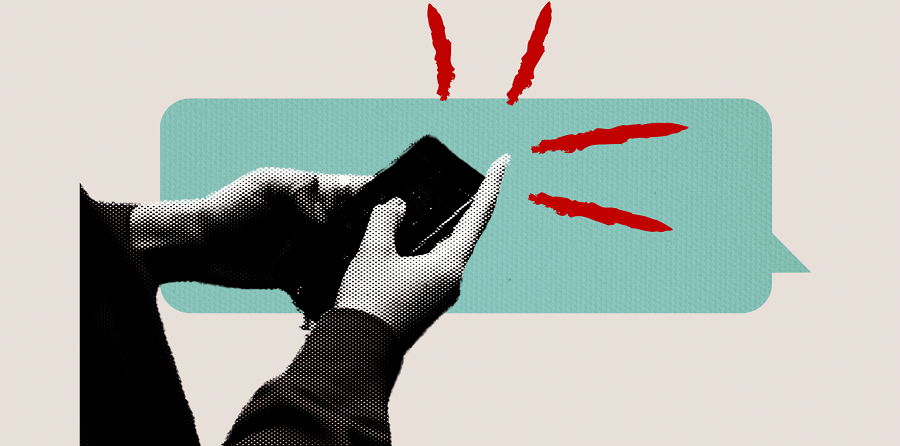In the modern world, political struggle has largely shifted to the realm of social media. Politicians—especially those in power—either personally or through the staff at their disposal monitor who says or writes what about them on various platforms, and respond to those posts in a way that fits their own views.
Here, several approaches are possible. In rigid authoritarian states such as Russia, China, and others, the authorities take a radical approach: they simply ban social platforms, understanding that not everyone will be willing to bypass the restrictions each time through tools like VPNs.
In autocracies that “perform” democracy, such drastic measures are avoided. The softest, most “velvet” method is to use social media algorithms—to increase the visibility of their own content and reduce the distribution of “oppositional” material. As far as I know, the Armenian authorities are also doing extensive work in this direction.
But in Armenia’s case, this is, of course, not enough. There are other means of influence—for example, unleashing the forces of the “fake factory” on undesirable authors. In addition, Civil Contract (KP) members take “measures” through the repressive apparatus under their control (courts, unfortunately, are part of that apparatus). They take media outlets to court in order to create financial problems for them, or they simply send an NSS squad with instructions to “spread someone on the asphalt.” Moreover, filing lawsuits has been elevated to the highest level—that of the Prime Minister—which has never happened in Armenia’s previous history. Such actions reflect not only an authoritarian regime but also personal pettiness.
Read also
…People also tell me that I should “monitor” opinions about me, and sometimes they relay to me that so-and-so has said this or that about me. Not only do I not engage in such monitoring—naturally, I do not respond—but I also do not read what is “relayed.” First, I simply do not have the time. Second, I do not consider it important right now. Let me explain why: On November 9, 2020, a disaster befell us, and afterward the person responsible for that disaster continues to rule us—something that is, by itself, an immense tragedy. Nothing worse can happen to us than that. Compared to this, the fact that someone—or three million or ten billion people—does not like me is an insignificant trifle.
Aram ABRAHAMYAN





















































